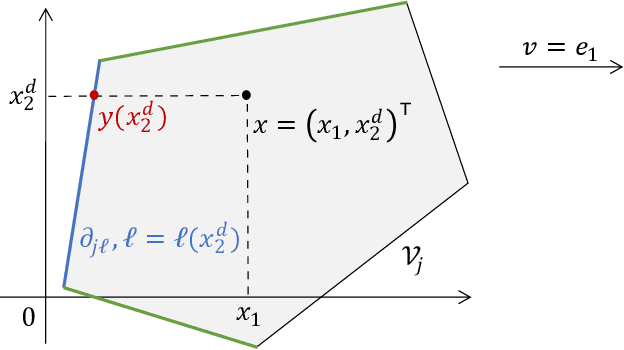Likelihood Landscape and Local Minima Structures of Gaussian Mixture Models
Paper and Code
Sep 28, 2020

In this paper, we study the landscape of the population negative log-likelihood function of Gaussian Mixture Models with a general number of components. Due to nonconvexity, there exist multiple local minima that are not globally optimal, even when the mixture is well-separated. We show that all local minima share the same form of structure that partially identifies the component centers of the true mixture, in the sense that each local minimum involves a non-overlapping combination of fitting multiple Gaussians to a single true component and fitting a single Gaussian to multiple true components. Our results apply to the setting where the true mixture components satisfy a certain separation condition, and are valid even when the number of components is over-or under-specified. For Gaussian mixtures with three components, we obtain sharper results in terms of the scaling with the separation between the components.
 Add to Chrome
Add to Chrome Add to Firefox
Add to Firefox Add to Edge
Add to Edge